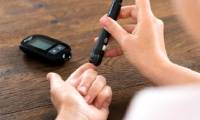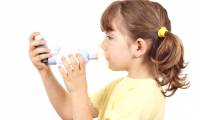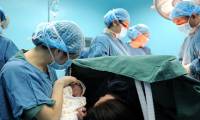
New gene therapy through the skin can help treat diabetes and obesity
scientists have claimed that there is a new form of gene therapy through skin transplants that can help improve the treatment of type 2 diabetes and obesity.

scientists have claimed that there is a new form of gene therapy through skin transplants that can help improve the treatment of type 2 diabetes and obesity.

a recent study found that the intestines and gastrointestinal tract play an important role in the development of type 2 diabetes.

a new study shows that mothers who drink a lot of sugar during pregnancy may increase their risk of allergies and asthma allergies.

a new warning is extremely dangerous for those who abuse red meat and chicken foods during daily meals.

the post is a wake-up call for mothers who are about to give birth in the form of surgery.

a new study shows that the number of people aged 70 and older with heart failure will triple by 2060. this information is currently shaking the international medical community.

the brain can produce fructose sugar, a type of sugar that causes type 2 diabetes, which is staggering around the world.

a new weight-loss drug capable of reducing the risk of diabetes by up to 80% is receiving the attention of the medical community globally.